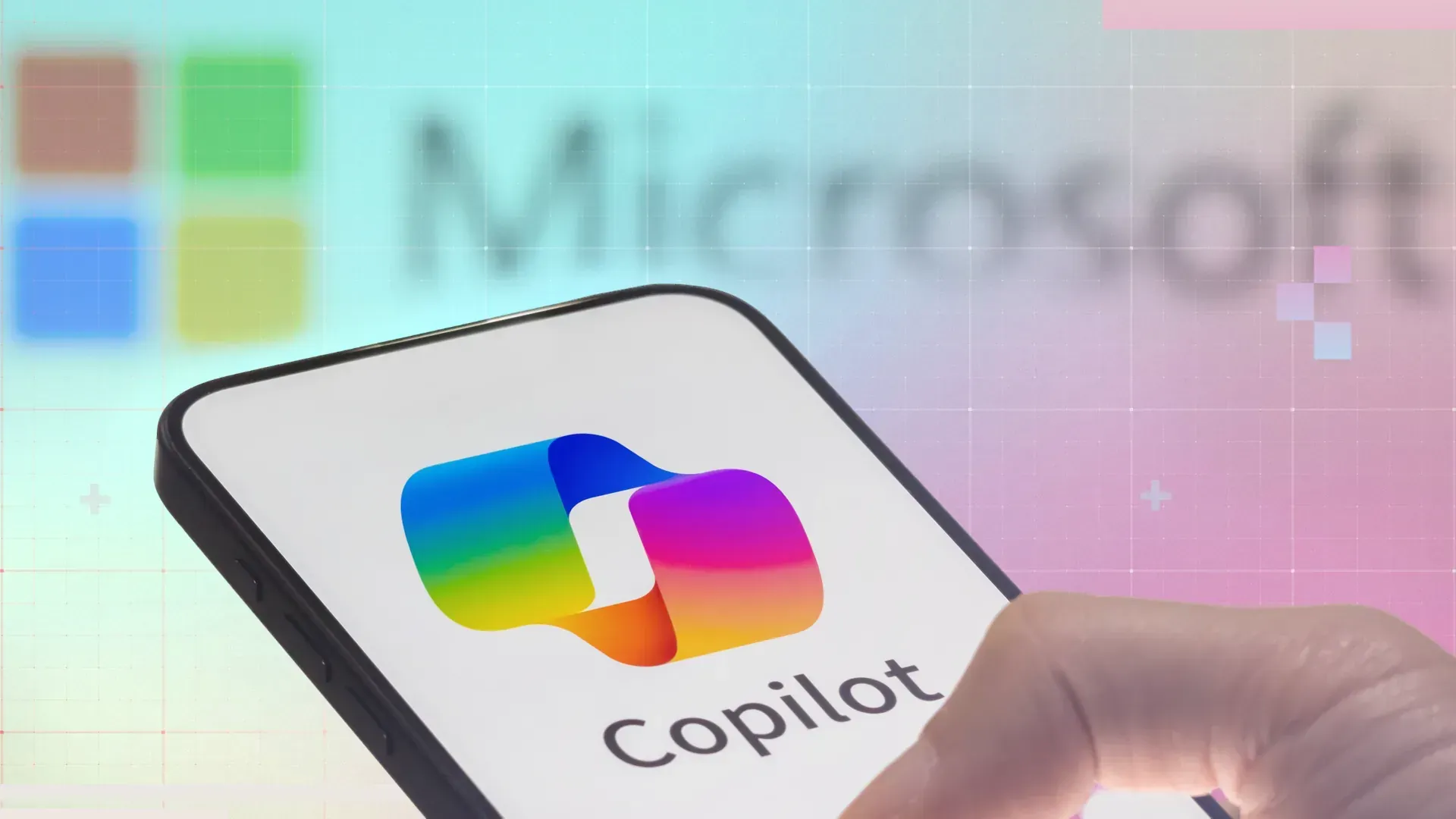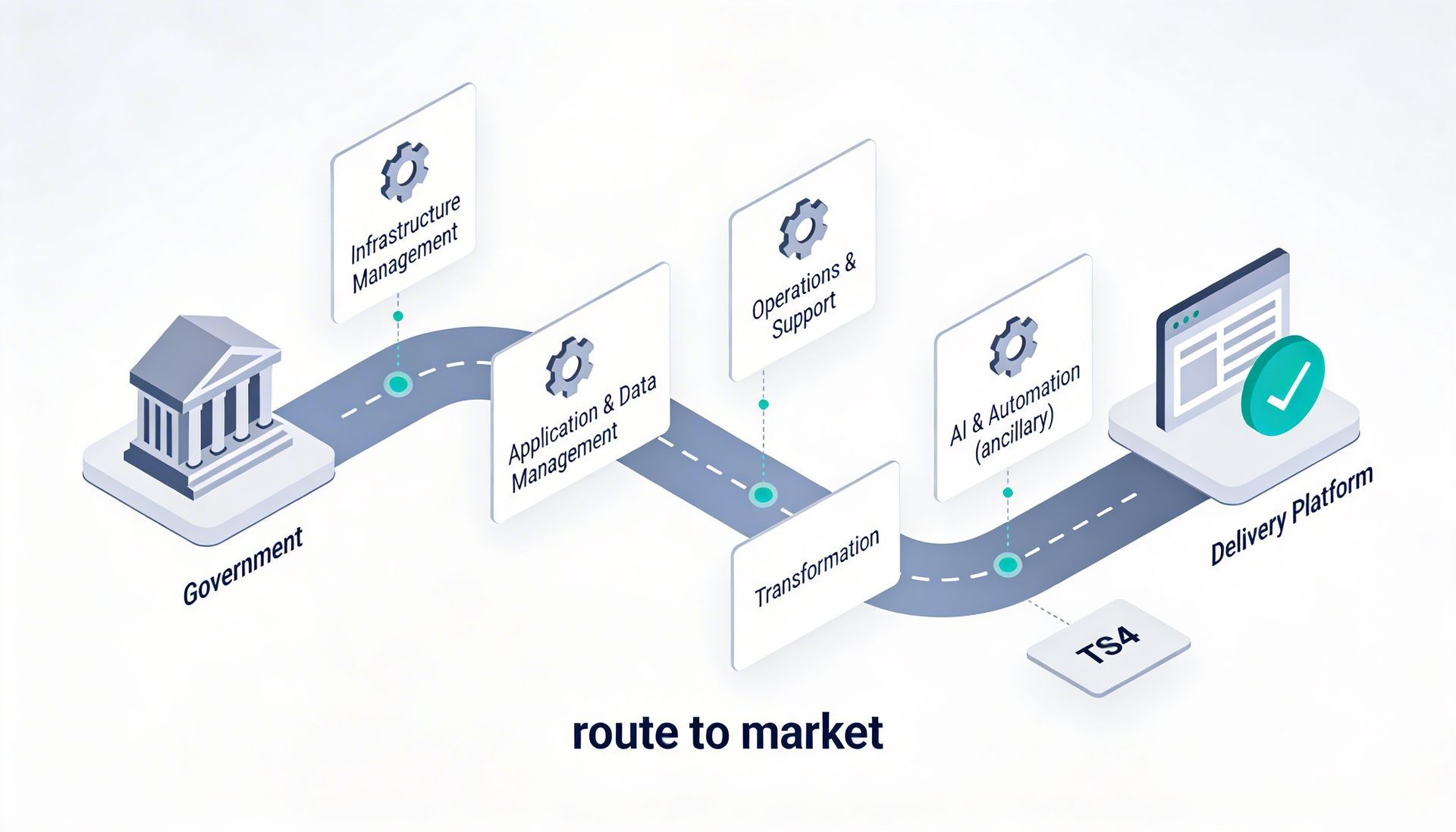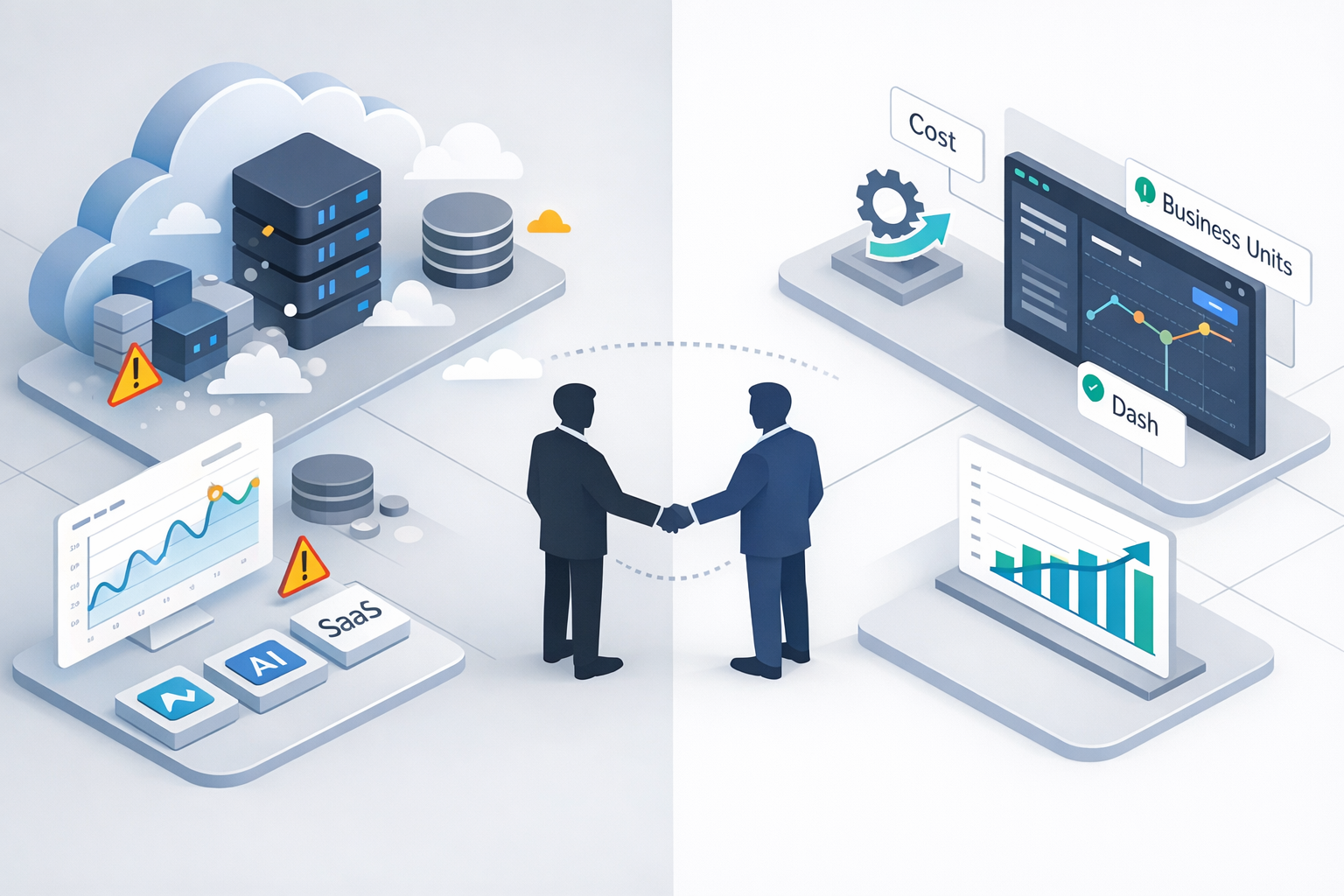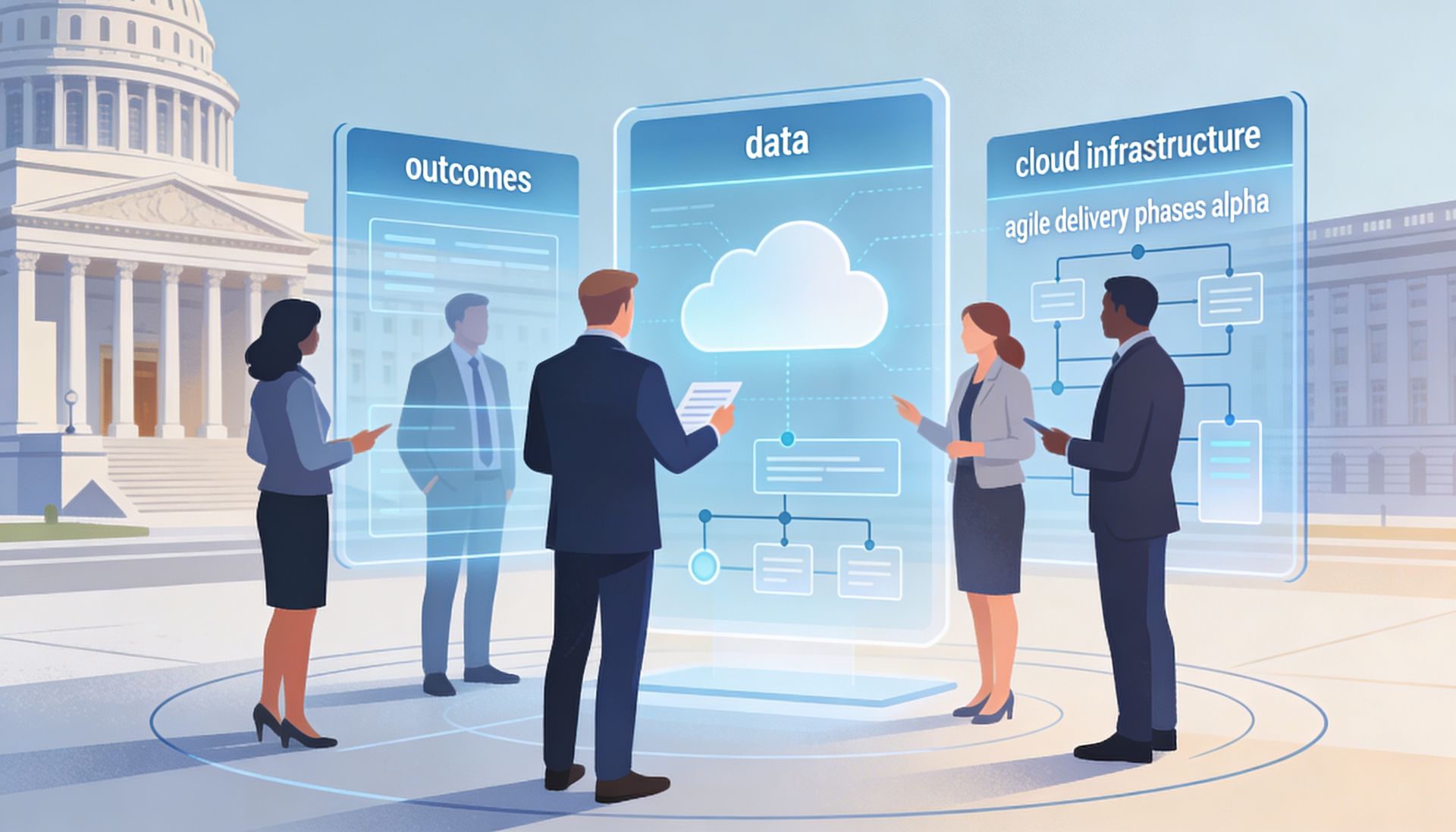So much AI - what should I use?
The world of Artificial Intelligence (AI) is vast and ever-expanding, offering a plethora of tools and technologies. For businesses looking to leverage AI, the sheer variety can be overwhelming. How do you decide which AI technologies are right for your organisation?

Let's break it down and explore some of the most useful AI applications for organisations of all sizes.
1. Natural Language Processing (NLP)
NLP allows computers to understand, interpret, and generate human language. This can be incredibly useful for:
- Chatbots for customer service or donor engagement
- Automated email responses
- Social media monitoring and sentiment analysis
- Language translation for international operations
2. Machine Learning (ML)
ML algorithms learn from data to make predictions or decisions. This can be applied to:
- Predictive analytics for fundraising or sales forecasting
- Fraud detection in financial transactions
- Personalised recommendations for donors or customers
- Optimising operations and resource allocation
3. Computer Vision
This AI technology interprets and understands visual information from the world. It can be used for:
- Image recognition for cataloguing and searching visual data
- Quality control in manufacturing SMEs
- Facial recognition for security purposes
- Analysing satellite imagery for environmental NGOs
4. Robotic Process Automation (RPA)
RPA uses AI to automate repetitive, rule-based tasks. This is particularly useful for:
- Data entry and processing
- Generating reports
- Managing invoices and expenses
- Scheduling and calendar management
5. Speech Recognition
This technology converts spoken language into text, which can be valuable for:
- Transcribing meetings or interviews
- Voice-activated assistants for accessibility
- Automated phone systems
6. Recommendation Systems
These AI systems suggest items or actions based on user behaviour and preferences. They can be used for:
- Personalising content for website visitors
- Suggesting relevant resources or services to beneficiaries
- Cross-selling and upselling for SMEs
7. Predictive Maintenance
For businesses in manufacturing or with physical assets, predictive maintenance AI can:
- Forecast when equipment is likely to fail
- Schedule maintenance to prevent downtime
- Optimise the lifespan of assets
8. Generative AI
This cutting-edge AI can generate new content, including text, images, and even code. It can be used for:
- Content creation for marketing materials
- Generating reports or proposals
- Creating visual assets for campaigns
When deciding which AI technologies to adopt, consider the following:
1. Identify Your Needs:
Start with your organisation's challenges and goals. Which AI technologies align best with these?
2. Start Small: Begin with a pilot project in one area before expanding AI use across your organisation.
3. Consider Resources: Some AI technologies require significant data and computing power. Ensure you have the necessary resources.
4. Evaluate Skills: Do you have the in-house expertise to implement and manage the AI system, or will you need external support?
5. Assess Impact: Consider both the potential benefits and the ethical implications of each AI technology.
6. Integration: How well will the AI technology integrate with your existing systems and processes?
7. Scalability: Can the AI solution grow with your organisation?
Remember, the goal isn't to use AI for its own sake, but to leverage it in ways that genuinely improve your operations and help you achieve your mission more effectively.
Feeling overwhelmed by the options? Altiatech is here to help. We offer a free AI clinic to assess your needs and recommend the most suitable AI technologies for your organisation. Contact us today to book your session and start your AI journey on the right foot.
Ready to move from ideas to delivery?
Whether you’re planning a cloud change, security uplift, cost governance initiative or a digital delivery programme, we can help you shape the scope and the right route to market.
Email:
innovate@altiatech.com or call
0330 332 5842 (Mon–Fri, 9am–5:30pm).
Main contact page: https://www.altiatech.com/contact













